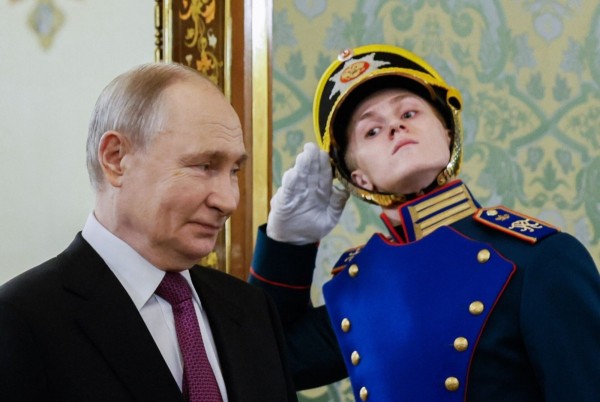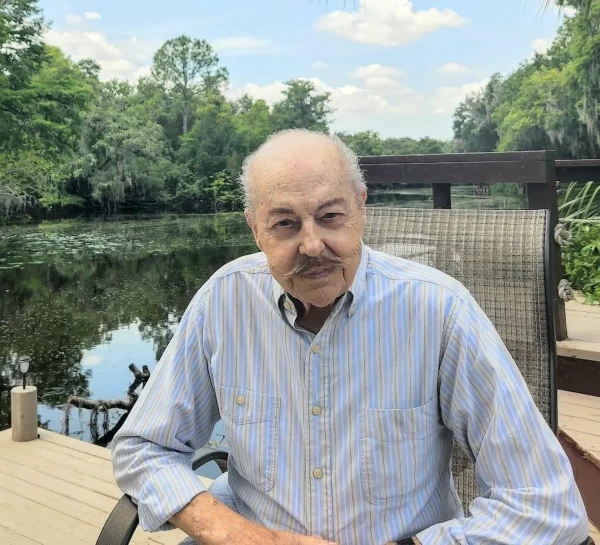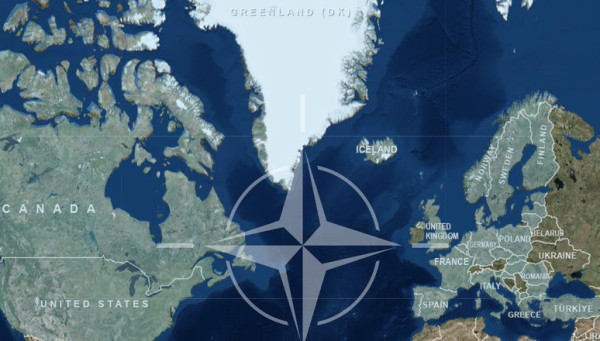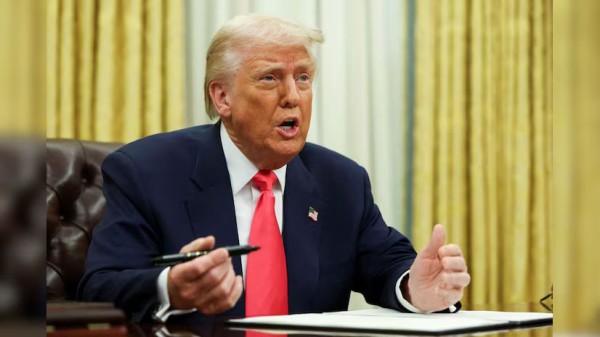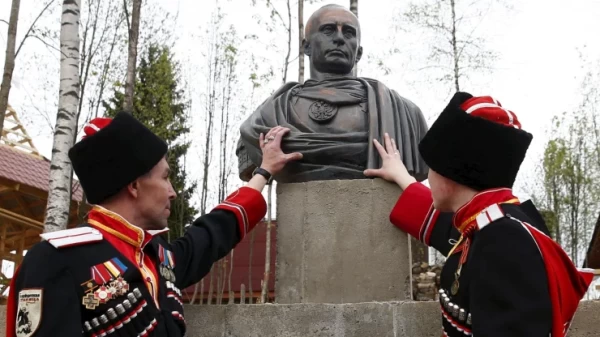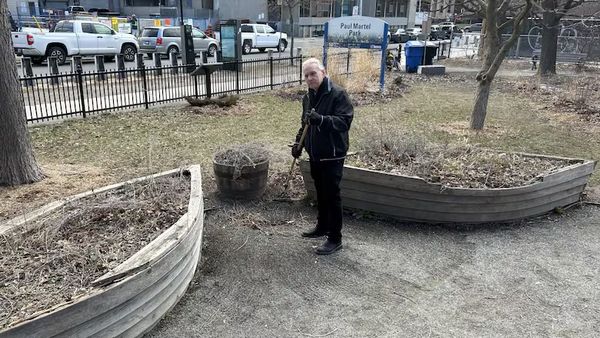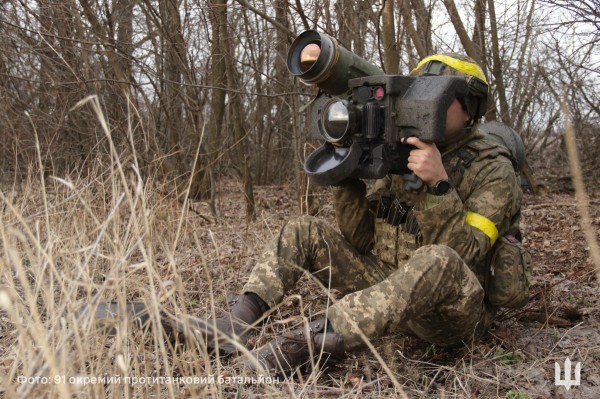The Crown Jewels in question are arguably highly valuable and it is chilling that the West is actually amenable to such negotiations. The West appears to be willing to bargain away its security organisations’ independent decision-making ability, in return for Russian tactical cooperation in Afghanistan. The only thing that is in dispute is the degree to which Russia will have a future say in EU and NATO decisions.
The Russians have coveted these jewels for a long time and it now appears that they will get a chance of acquiring some of them at the upcoming NATO summit. There is, of course, little to be amazed at here, considering the evolution of Russia’s ambitions during Putin’s reign and the appetite that is growing in Moscow but diminishing in the West. Nevertheless, it is probably worthwhile to bear in mind some relatively recent events.
The Russian national security concept, signed by brand-new president Putin in January 2000, brought into play Russia’s current world-view and doctrine. In a nutshell, the Russians view as their goal the transformation of a US-centric (unipolar) world into a multipolar one, where one of the more important poles and centres-of-power is a Russia that is respected by all and has complete hegemony in its “sphere of privileged interests”. “Threats to the Russian Federation's national security in the international sphere can be seen in attempts by other states to oppose a strengthening of Russia as one of the influential centers of a multipolar world, to hinder the exercise of its national interests and to weaken its position in Europe, the Middle East, Transcaucasus, Central Asia and the Asia-Pacific Region” said the National Security Concept of 2000.[1] One of the main threats to Russia, according to the concept, is “the danger of a weakening of Russia's political, economic and military influence in the world” and “eastward expansion of NATO”. The term “privileged sphere of interests”, by the way, was put in the mainstream Russian foreign policy narrative by none other than the modernizer Medvedyev.
Advertisement / Reklaam
Advertisement / Reklaam
On August 31, 2008 Russia’s President Dmitry Medvedev outlined five principles guiding his foreign policy in the wake of the recognition of South Ossetia and Abkhazia as independent states in an Interview given to Television Channels Channel One, Rossia, NTV. "Fourth, protecting the lives and dignity of our citizens, wherever they may be, is an unquestionable priority for our country. Our foreign policy decisions will be based on this need. We will also protect the interests of our business community abroad. It should be clear to all that we will respond to any aggressive acts committed against us. Finally, fifth, as is the case of other countries, there are regions in which Russia has privileged interests. These regions are home to countries with which we share special historical relations and are bound together as friends and good neighbors. [2]This sphere of interests comprises Russia’s neighbouring countries and a large part of Eastern Europe. It even includes some who are already NATO members. Medvedyev subsequently said: “…Our neighbours are without any doubt states that are traditionally close to us and they represent the traditional sphere of interests of the Russian Federation. And the Russian Federation is for them exactly the same sort of traditional sphere of interest… It is not even a matter of belonging to this or that organisation, this or that bloc, but rather the common history and genetic connectedness of our economies and the very close kinship of our souls.” [3]. According to this logic, the pillars of a unipolar world are, in particular, NATO and the European Union, but even the OSCE, or those international organisations, where the Russians don’t have a vote or control over decisions form the foundations of this unipolar world.[4] As such, they stand in the way of Russia becoming a great power. Expansion of NATO is a direct provocation which opposes Russia’s legitimate interests of being a dominant great-power.[5]
The OSCE, initially, was seen as an instrument of the Russian “multipolar world order” ideology. The NSC of 2000 considered the OSCE as one of the organizations worth protecting. But in 2007 in his Munich speech Putin said: “What do we see happening today? We see that this balance is clearly destroyed. People are trying to transform the OSCE into a vulgar instrument designed to promote the foreign policy interests of one or a group of countries.”
Advertisement / Reklaam
Advertisement / Reklaam
Here there is no need to discuss how absurd or pitifully comical this world-view is. This world-view is backed-up by the world’s largest nuclear arsenal and must be viewed with all seriousness. Equally serious is the fact that the Putin-Medvedev team’s major foreign-policy goal arises from the aforementioned. It includes demolishing the Euro-Atlantic security structures and replacing them with something more to Russia’s liking.In his speech at the Munich security conference in February 2007, Putin pronounced the end of the unipolar world. He announced, “I am convinced that we have entered that decisive moment, where we have to seriously reconsider the global security architecture.”[6] From that moment on, Russia advanced from the realm of thought and entered the realm of deeds: Putin issued a decree, with which Russia renounced all of its obligations under the Conventional Forces Europe [CFE] treaty.[7] In other words, he threw into the dustbin the system of military balance that had been in effect since 1990. This included Russia’s obligation to notify its neighbors of, for example, such things as a military build-up by Russia on their borders. He demonstrated that Russia isn’t just talking about a new security arrangement, but, as a great power, is already creating one. NATO responded that this move was “regrettable”[8], though what is truly regrettable was its powerlessness to answer deed with deed.
Russia’s next step was to demonstrate that it can directly influence NATO’s decision-making to halt NATO’s enlargement. Putin in Munich on February 10th, 2007 declared: “NATO expansion does not have any relation with the modernization of the Alliance itself or with ensuring security in Europe. On the contrary, it represents a serious provocation that reduces the level of mutual trust.”
Moscow started a skilful and persistent campaign of swaying some NATO member countries willing to be swayed, notably Germany and France, to torpedo giving MAP to Georgia and Ukraine at the NATO summit in Bucharest. This was successful. Though Ukraine and Georgia were promised eventual membership at some indeterminate future date, MAP itself was denied, because of opposition by Germany and France. This occurred despite personal pleas by the US president and US diplomatic pressure to proffer the MAP.[9] At the post-summit press conference, Putin openly sneered, saying: “Besides, if the discussion on your expansion issues had developed differently yesterday, today’s [Afghanistan] transit agreement would not likely be signed.”[10] For the first time in history, a NATO decision was made, that suited the President of Russia more than the President of the United States.
Advertisement / Reklaam
Advertisement / Reklaam
The Bucharest summit demonstrated that Russia had the capacity to hold up NATO decision-making and was skilful at exploiting differences between NATO members.The ability to halt NATO expansion is hardly enough for Russia. Its objective is to neutralize NATO as an independent centre-of-power. In June, following NATO’s Bucharest summit, President Medvedev introduced the idea of a new security architecture for Europe.[11] Meeting with a large group of German political and civic leaders, Medvedev asserted that the days of the Euro-Atlantic security system (read: NATO) were numbered and he stated directly that if there were any future expansion of NATO, Russia would terminate all co-operation with the West. Apparently, what is needed is a new global security arrangement and “a unified Euro-Atlantic space from Vancouver to Vladivostok.” Apparently the conditions under which such unification is achieved and whether there is sufficient unification will be Russia’s to decide.
Planning for the August 2008 military assault on Georgia was already under way in Moscow at the time of Medvedev’s speech in Berlin. With this attack, Russia purported to demonstrate that “the Euro-Atlantic security architecture” indeed is not functioning. Russia can attack a democratic NATO candidate, occupy its territory, sign an EU-mediated peace treaty and then not abide by a single point; all without any sanction. NATO did briefly freeze relations with Russia, but by December 2008, NATO foreign ministers decided to restart “a conditional and graduated re-engagement” with Russia[12]. This “conditional re-engagement” is today approaching its final phase. It is doubtful, though, that in December 2008 the foreign ministers would have envisaged that it would be Russia dictating the terms. But that is exactly what has happened. More and more it appears as if NATO needs Russia more than Russia needs NATO. And the US, during Obama’s tenure, has been incapacitated by strategic apathy. The only American interests within NATO appear to be tied to operations in Afghanistan.
Advertisement / Reklaam
Advertisement / Reklaam
In December 2009, NATO’s Secretary General visited Moscow and requested assistance in Afghanistan. We now know that the Russians responded with a demand for an “Agreement on the basis of NATO-Russia cooperation”.[13] During the course of the year, NATO-Russia relations intensified largely on Russian terms. In April, during the Tallinn NATO meeting, Russia (who wasn’t even present) was invited to participate in the “missile defence shield” project[14]; the same one that had been planned for deployment in Poland, but had been scrapped following Russia’s objections. In September, the NATO Secretary General invited Russia to participate in the NATO summit planned for Lisbon[15]. NATO speaks of Russia ever more insistently as a strategic partner. This completely disregards that Russia’s strategic goal is not partnership with NATO, but its demise.Chasing after Russia’s participation in the upcoming NATO summit, the alliance issued a public invitation to Medvedev at a specially held NATO-Russia Council in New York in September[16]. But Medvedev’s acceptance did not arrive till October, after Merkel and Sarkozy had agreed with him about the summit’s agenda. This all happened at a stunning three-way get-together in Deauville, where Germany and France wooed Russia with the prospect of also getting a special role in EU security and foreign policy decisions[17].
Both NATO’s Secretary General Anders Fogh Rasmussen and the US ambassador to NATO, Ivo Daalder, have announced a coming “breakthrough” at the Lisbon summit involving NATO’s future role and NATO-Russia relations. Ambassador Daalder said, “Be prepared for NATO version 3.0”.[18] Rasmussen as well as Germany’s foreign minister Guido Westerwelle have been discussing the new NATO version direcly with Moscow.
The Russians want – in return for their co-operation with NATO – neither more nor less than a veto over NATO’s deployment of troops on the territories of NATO member countries in Central-Eastern Europe. Moscow wants NATO is to be bound not to station more than 3000 troops (one brigade) in the aforementioned countries, which it regards as a sphere of its privileged interests. If during a time of crisis, more troops were to be required, then Russia’s prior consent would be mandatory[19]. In other words, if Russia were to attack or threaten to attack Latvia, to take one example, then for NATO to send its troops to defend Latvia would require Russia’s permission. One question is “what will Russia give in return?” A Russian diplomat stated publicly in the October 27th issue of Kommersant: “Russia should not increase its obligations at all, since it is NATO that is expanding and threatening Russia, not the other way around.”
Advertisement / Reklaam
Advertisement / Reklaam
NATO, of course, says it hasn’t accepted these proposals. Yet the NATO Secretary General leaves a peculiar impression: that of a Little Red Riding Hood, who goes to the wolf seeking cooperation against the foxes; in her picnic basket are the recent NATO members she brings as the snacks for the meeting. Some pre-treaty understanding with the wolf has been agreed, because Medvedev is going to Lisbon. A joint-communiqué is planned concerning joint policies on Afghanistan. Also being mentioned is “strengthening” the NATO-Russia Council, and Rasmussen has committed himself to announcing a breakthrough in NATO-Russian relations.It is obvious that there is quite a disconnect between NATO and Russian perceptions of the situation. As David Smith wrote about August 2008: “The warnings were evident but the blinders of the 21st century diplomatic paradigm prevented the West from reading the handwriting on the wall…Russia, following a nineteenth-century geopolitical paradigm, prepared its tanks for war. [20]“ It is clear that the West has not learned since 2008. It is still talking diplomatically about “agreeing not to agree” or “no taboos in dialogue”. Russia, however, is talking about trade-offs in the old imperial spirit.
So really, the Crown Jewels in return for chicken feed?
[1] http://www.russiaeurope.mid.ru...
[2] http://www.globalsecurity.org/...
[3] Transcript of the Meeting with the Participants in the International Club Valdai with President Dmitri Medvedev, September 12, 2008. http://www.sras.org/transcript...
Advertisement / Reklaam
Advertisement / Reklaam
Medvedyev said: “…our neighbours are without any doubt states that are traditionally close to us and they represent the traditional sphere of interests of the Russian Federation. And the Russian Federation is for them exactly the same sort of traditional sphere of interest… It is not even a matter of belonging to this or that organisation, this or that bloc, but rather the common history and genetic connectedness of our economies and the very close kinship of our souls.”
[8] http://www.nato.int/cps/en/SID....
http://www.nato.int/cps/ru/SID...
[10] Text of Putin’s speech at NATO Summit (Bucharest, April 2, 2008);
[11] June 5th, 2008:ttp://archive.kremlin.ru/eng/speeches/2008/06/05/2203_type82912type82914type84779_202153.shtml
[13] Pavel Felgenhauer. Russia is Demanding One-Sided Western Concessions. Eurasia Daily Monitor, Volume: 7 Issue: 195; http://www.jamestown.org/singl...
[16] NATO press release, September 22, 2010; http://www.nato.int/cps/en/SID...
[17] Vladimir Socor, Meseberg Process: Germany Testing EU-Russia Security Cooperation Potential. Eurasia Daily Monitor Volume: 7 Issue: 191; http://www.jamestown.org/singl...
Advertisement / Reklaam
Advertisement / Reklaam
18] http://thecable.foreignpolicy....[19] Flegenhauer, op. cit.
[20] David J Smith, The Saakashvili Administration’s reaction to Russian Policies Before the 2008 War. In: The Guns of August 2008. Russia’s War in Georgia. P. 122.







